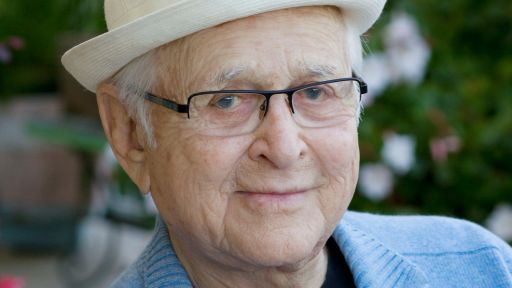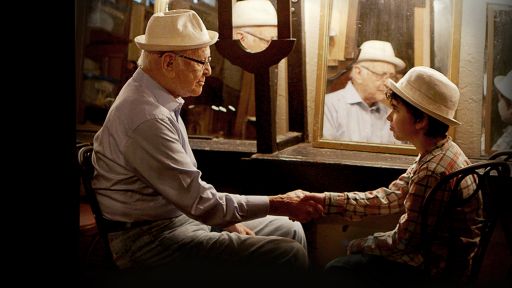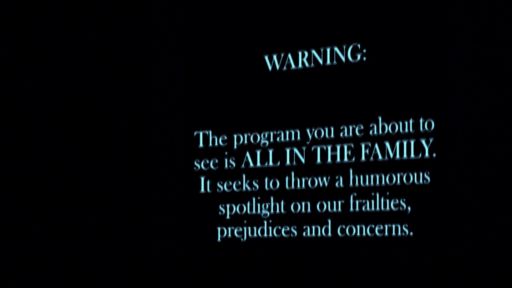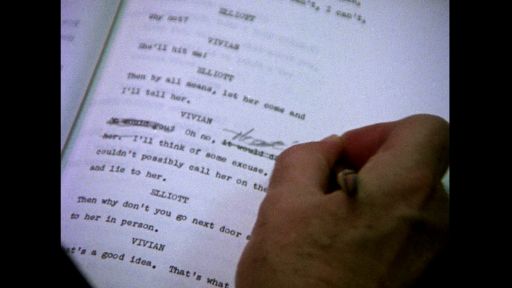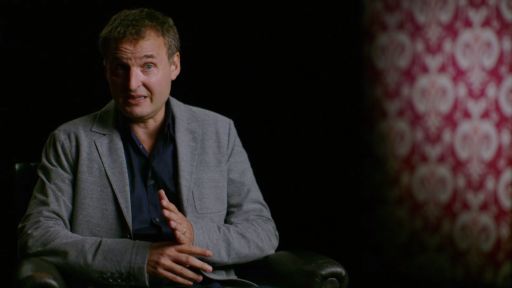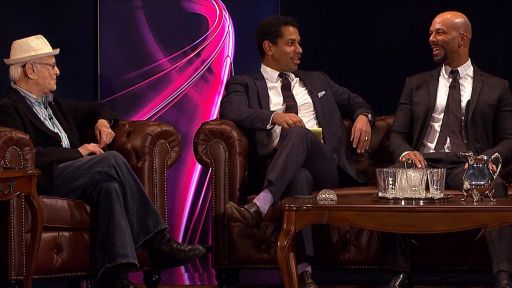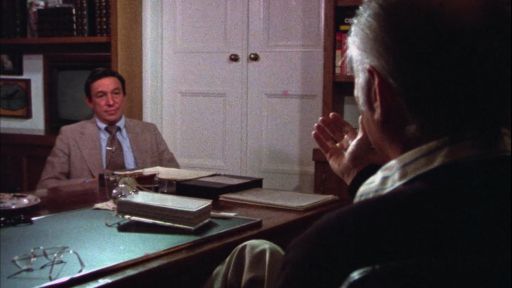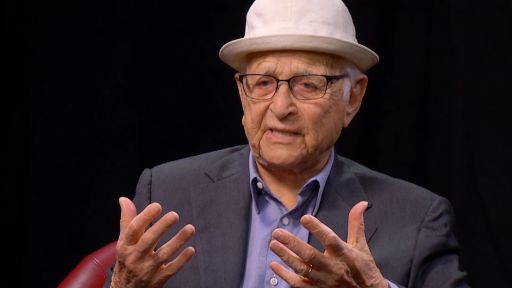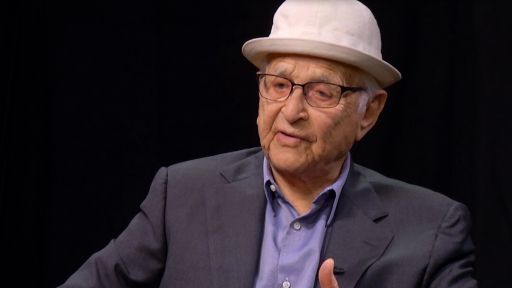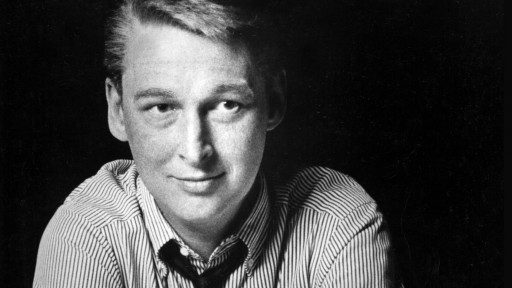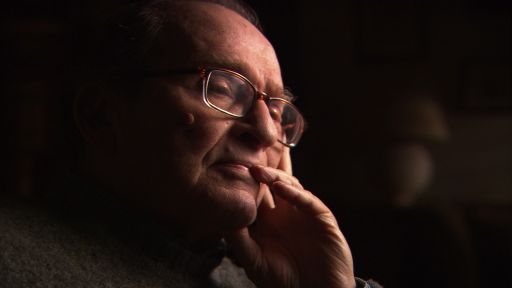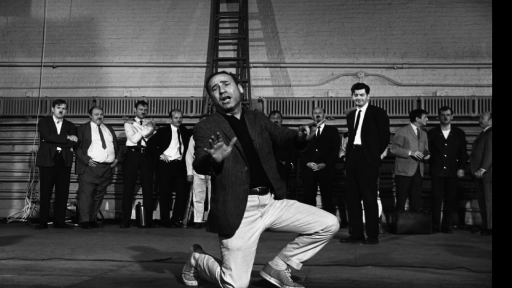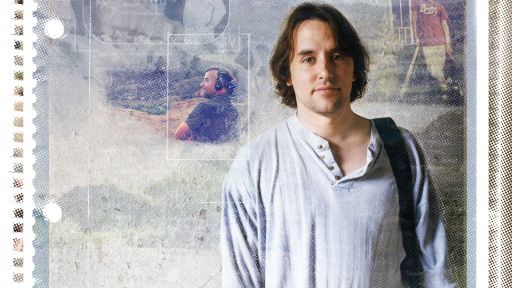Norman Lear has enjoyed a long career in television and film, and as a political and social activist and philanthropist. Lear began his television writing career in 1950 when he and his partner, Ed Simmons, were signed to write for The Ford Star Revue, starring Jack Haley. After only four shows, they were hired away by Jerry Lewis to write for him and Dean Martin on The Colgate Comedy Hour, where they worked until the end of 1953. They then spent two years on The Martha Raye Show, after which Lear worked on his own for The Tennessee Ernie Ford Show and The George Gobel Show.
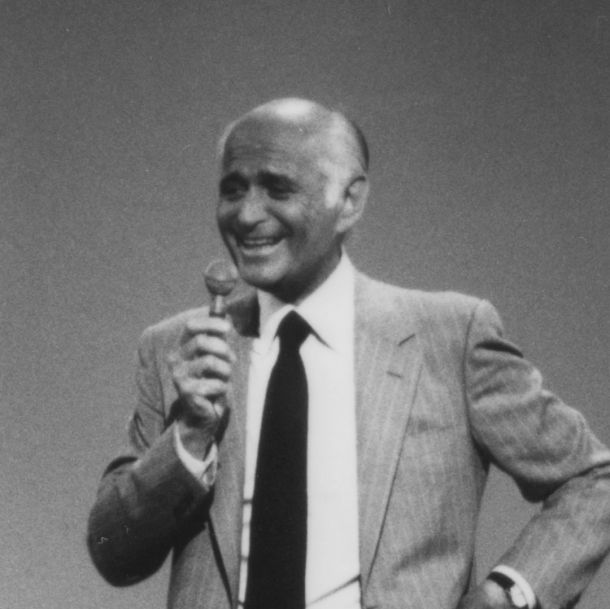 In 1958, Lear teamed with director Bud Yorkin to form Tandem Productions. Together they produced several feature films, with Lear taking on roles as executive producer, writer and director. He was nominated for an Academy Award in 1967 for his script for Divorce American Style. In 1970, CBS signed with Tandem to produce All in the Family, which first aired on January 12, 1971, and ran for nine seasons. It earned four Emmy Awards for Best Comedy series, as well as the Peabody Award in 1977. All in the Family was followed by a succession of other television hit shows, including Maude, Sanford and Son, Good Times, The Jeffersons, One Day at a Time and Mary Hartman, Mary Hartman.
In 1958, Lear teamed with director Bud Yorkin to form Tandem Productions. Together they produced several feature films, with Lear taking on roles as executive producer, writer and director. He was nominated for an Academy Award in 1967 for his script for Divorce American Style. In 1970, CBS signed with Tandem to produce All in the Family, which first aired on January 12, 1971, and ran for nine seasons. It earned four Emmy Awards for Best Comedy series, as well as the Peabody Award in 1977. All in the Family was followed by a succession of other television hit shows, including Maude, Sanford and Son, Good Times, The Jeffersons, One Day at a Time and Mary Hartman, Mary Hartman.
Concerned about the growing influence of radical religious evangelists, Lear decided to leave television in 1980 and formed People For the American Way, a non-profit organization designed to speak out for Bill of Rights guarantees and to monitor violations of constitutional freedoms. People For remains an influential and effective voice for freedom.
Lear’s business career continued in 1982, when Tandem Productions and his other company, T.A.T. Communications, were folded into Embassy Communications, which was sold in 1985. He then created and is currently chairman of Act III Communications, a multimedia holding company with interests in television, motion pictures and licensing.
In addition to People For the American Way, Lear has founded other nonprofit organizations, including the Business Enterprise Trust (1989-2000), which spotlighted exemplary social innovations in American business, and the Norman Lear Center at the USC Annenberg School for Communication (2000-present), a multidisciplinary research and public policy center dedicated to exploring the convergence of entertainment, commerce and society. In addition, he and his wife, Lyn, co-founded the Environmental Media Association (1989-present) to mobilize the entertainment industry to become more environmentally responsible.
In 1999, President Clinton bestowed the National Medal of Arts on Lear, noting that “Norman Lear has held up a mirror to American society and changed the way we look at it.” He also has the distinction of being among the first seven television pioneers inducted in 1984 into the Television Academy Hall of Fame.
In 2001, Lyn and Norman Lear purchased one of the few surviving original copies of the Declaration of Independence. During the decade that they owned it, they shared it with the American people by touring it to all 50 states. As part of this Declaration of Independence Road Trip, Lear launched Declare Yourself, a nonpartisan youth voter initiative that registered well over four million new young voters in the 2004, 2006 and 2008 elections.
Lear is married to Lyn Davis Lear and resides in Los Angeles, California. He has six children — Ellen, Kate, Maggie, Benjamin, Brianna and Madeline — and four grandchildren: Daniel, Noah, Griffin and Zoe.
Lear’s memoir, Even This I Get to Experience, was published in October 2014 by The Penguin Press. The paperback edition was released October 2015. Lear just may be one of the oldest working executive producers in television. He released a re-imagined Latino version of One Day at a Time for Netflix in January, 2017. He also served as an executive producer and correspondent in the five-part, EPIX original docu-series America Divided in 2016, which featured timely narratives around inequality in education, housing, healthcare, labor, criminal justice and the political system.

